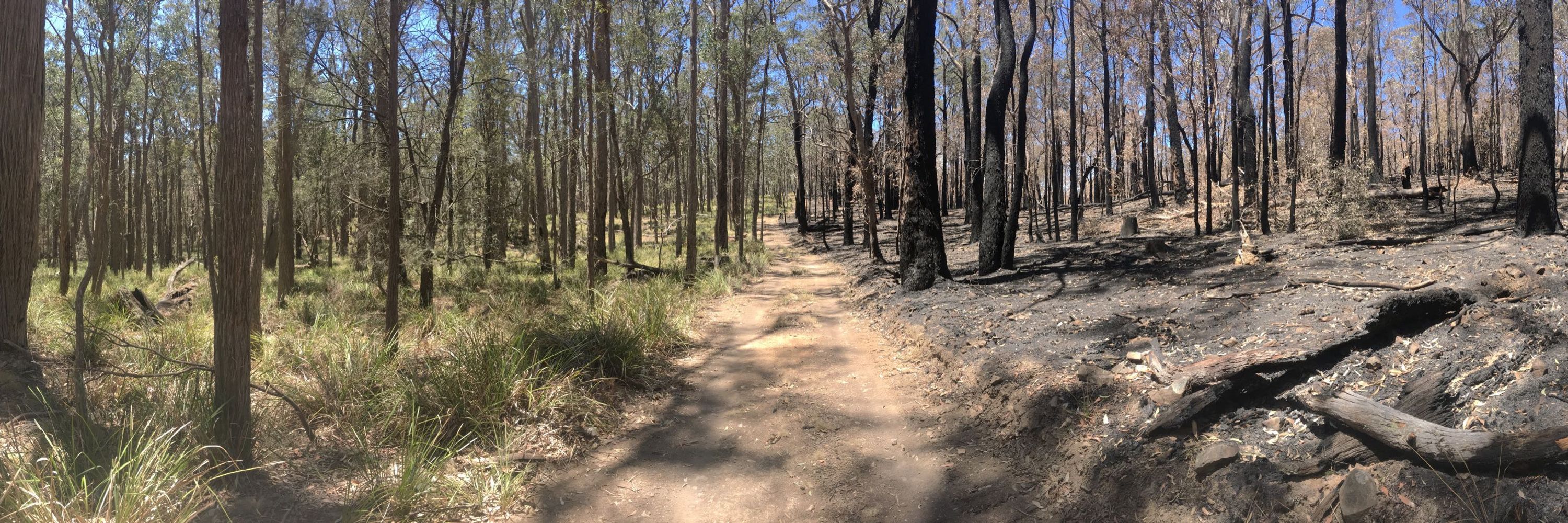
Part-time, Uni of New England, NSW.
Dingoes, foxes, cats and quolls.
Rock wallabies when time permits.
Comments are mine.
Dingoes prey varies with local availability, experience and social group size.
Also, what appears to be a solitary animal is often part of a dispersed social group.
Dingoes prey varies with local availability, experience and social group size.
Also, what appears to be a solitary animal is often part of a dispersed social group.
Osphranter rufus, formerly Macropus, continues to be killed in large numbers because people perceive it to be a pest.
Def not exactly the same, no two wildlife issues are, but ‘impacts’ matter most.
Osphranter rufus, formerly Macropus, continues to be killed in large numbers because people perceive it to be a pest.
Def not exactly the same, no two wildlife issues are, but ‘impacts’ matter most.
It would be ideal if we could invest more in monitoring dingoes but as I noted (and despite some success in other research areas) we have not been able to secure grants for this, into the future.
2/2.
It would be ideal if we could invest more in monitoring dingoes but as I noted (and despite some success in other research areas) we have not been able to secure grants for this, into the future.
2/2.
Professionally I am interested in dingo densities, what drives them, how they relate to those of other species, and how we can manage impacts with minimal harm.
Statewide abundance is not necessary to manage impacts.
1/2
Professionally I am interested in dingo densities, what drives them, how they relate to those of other species, and how we can manage impacts with minimal harm.
Statewide abundance is not necessary to manage impacts.
1/2
I have a little experience too, & think a primary, practical focus on impacts would be more helpful than a rebadge
I have a little experience too, & think a primary, practical focus on impacts would be more helpful than a rebadge
I am skeptical that a name change will significantly affect on ground management, (esp. compared to rigorous quantitative study of impacts and population monitoring.)
‘Names can matter…’
I am skeptical that a name change will significantly affect on ground management, (esp. compared to rigorous quantitative study of impacts and population monitoring.)
‘Names can matter…’
I guess we’ll have see if there is any meaningful change in #dingo management in the areas where they are most common.
Re your last point, I did write that names can be important and you give a good example.
I guess we’ll have see if there is any meaningful change in #dingo management in the areas where they are most common.
Re your last point, I did write that names can be important and you give a good example.
We’re all guilty of it occasionally, investing energy in a side issue rather than tackling the tough stuff! Ie How to improve real-world management in a broadly acceptable way?
We’re all guilty of it occasionally, investing energy in a side issue rather than tackling the tough stuff! Ie How to improve real-world management in a broadly acceptable way?
2) You can absolutely do Honours
3) Choose something you find interesting, where you will have a result to discuss.
2) You can absolutely do Honours
3) Choose something you find interesting, where you will have a result to discuss.

